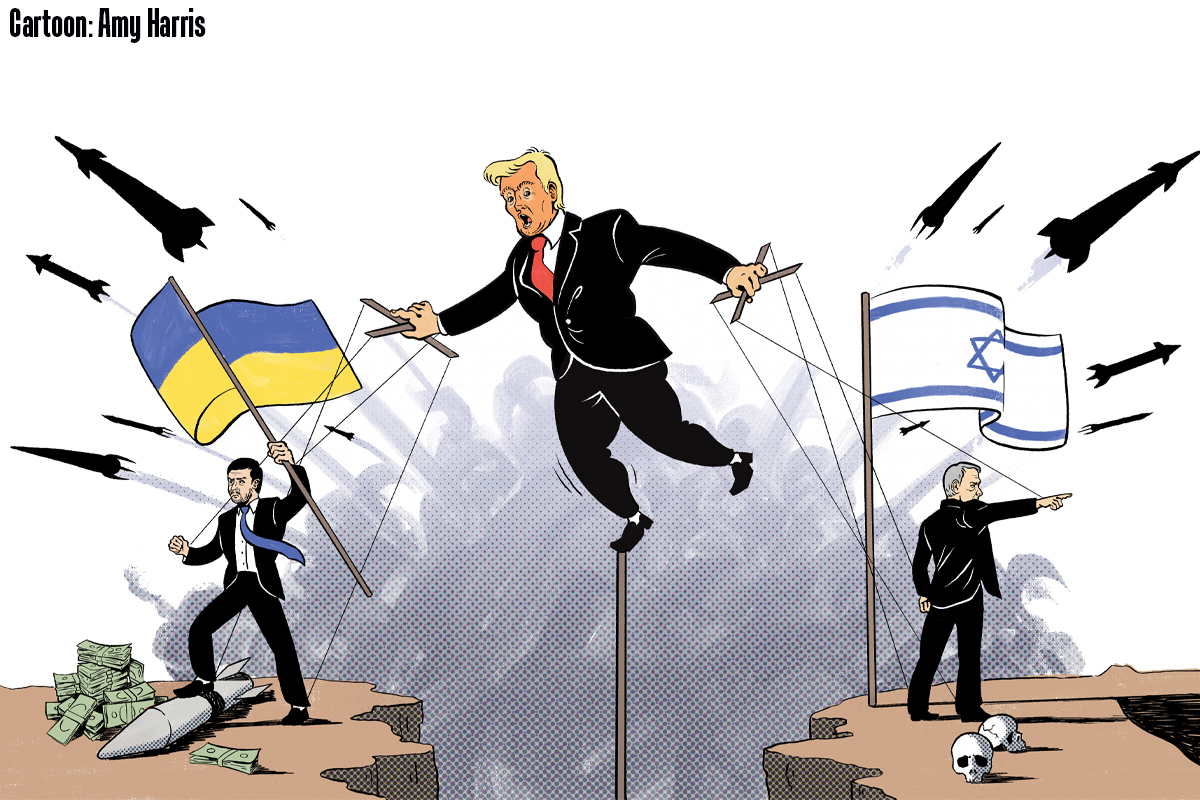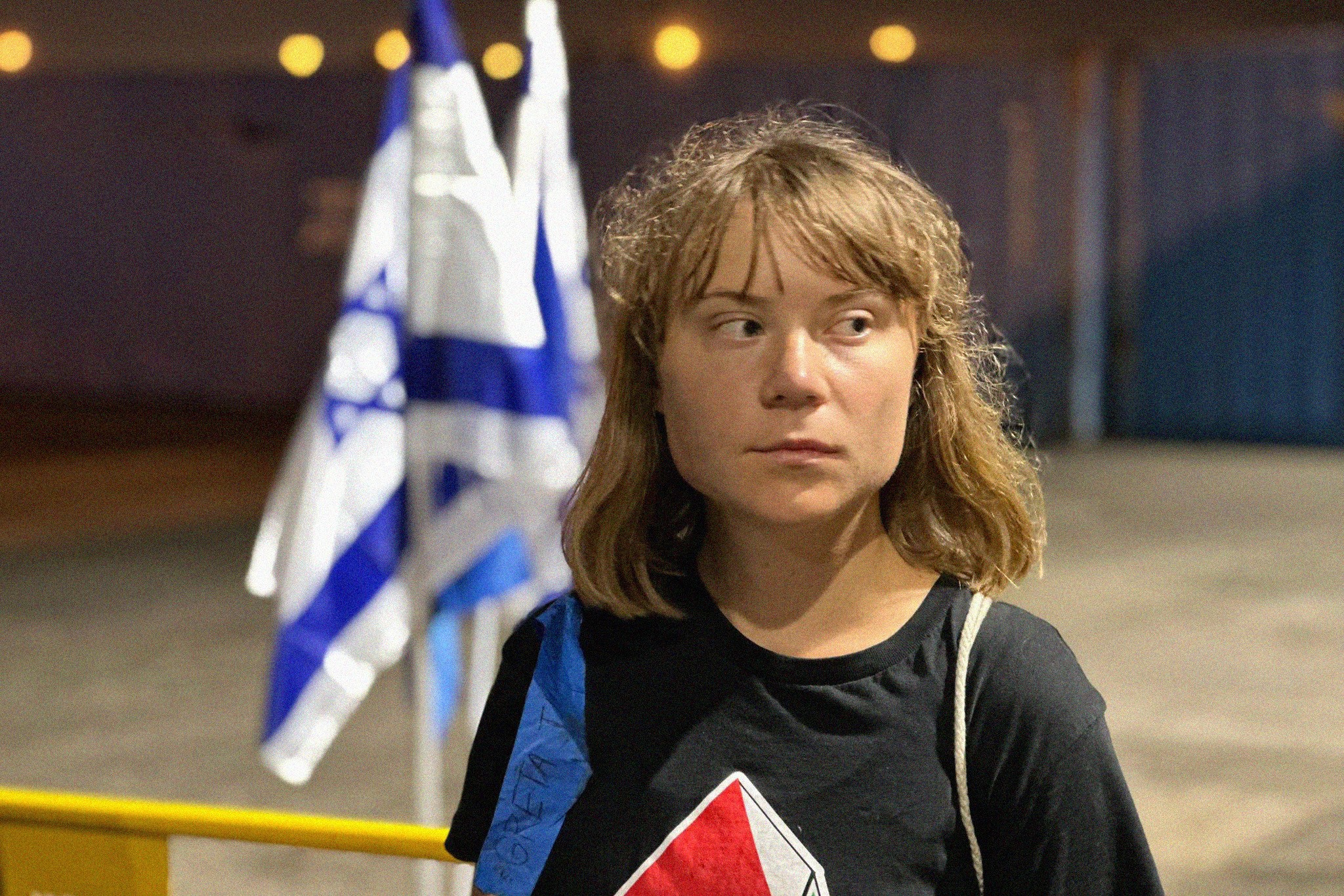Workers march for the expropriation of Sanitarios under workers' control
By Patrick Larsen in Caracas
"Trabajadores arrechos, exigen sus derechos!" (Angry workers demand their rights!). "We cannot choose between winning or dying, we must win!" and "Sanitarios Maracay under workers' control and cogestión NOW!"
These were some of the slogans written on the banners of the workers of Sanitarios Maracay who took to the streets of Maracay, the capital of the industrial region Aragua.
This was a truly impressive demonstration of the force of the Venezuelan working class once it takes action. Workers from Invepal (another firm that was nationalized one and a half years ago) also turned up, thus showing their solidarity. Also present were Wandersi Bueno, a comrade of the Brazilian factory under workers' control, CIPLA, and representatives of FRETECO.
The comrades of the leadership of the trade union, Humberto López (general secretary) and José Villegas, addressed their workmates on the demo, stating that this was a struggle against a counter-revolutionary boss that is closing this factory and sending more than 800 workers to the streets. "800 breadwinners are threatened with the loss of their jobs," Villegas said.
In a clear demonstration of class instinct, the workers held up their hands with ten fingers, thus showing their support for the campaign for ten million votes for Chávez in the December 3 presidential elections. "We support the campaign for 10 million votes and the re-election of Chavez, but we want the government to listen to our demands and to act against the closure of our plant. We demand the expropriation of the factory under workers' control," Villegas stressed.
At one point, some workers in the demonstration began to chant "La lucha es de clase, de pobres contra ricos" ("The struggle is class-struggle, of poor against rich"), and everyone joined in with their fists tightened.
Some provocateurs began to throw stones against the demonstration. However, the workers reacted in a thoroughly disciplined way. The leaders of the demo stressed "Comrades we must not fall into provocations!" and a group of workers were sent to the place and this frightened the provocateurs who ran away scared to death.
This march is part of the struggle that these workers have undertaken to defend their labour rights and find a long lasting solution to the problems they face. In March they occupied the plant for the first time in a conflict that lasted for more than forty days. At that time they reached a compromise with the employer. However, this compromise was not a long lasting solution; little by little, the owner prepared a new standstill to production.
On November 14th, Pocaterra finally declared the closure of the factory. The workers responded by deciding through their assembly to occupy the factory again and demand that the revolutionary government nationalize the firm and put it under workers' control.
However, the occupation of the factory does not mean that production has been stopped. On the contrary, production is continuing and the workers are meeting almost on a daily basis to discuss the different proposals on how to advance the struggle.
The day before the demonstration one such assembly was held where a factory committee was elected – subject to the right of recall – that will be running both the administrative and political tasks of the struggle.
The struggle of the workers at Sanitarios Maracay is not a fight against the bosses limited to particular trade union demands. It is of a more profound character, so characteristic for the revolutionary situation in Venezuela; a struggle that can open up a new wave of workers' struggles for expropriations and for workers' control and a new swing to the left in the revolution itself.
This is the real significance of the struggle. As José Villegas (organisational secretary of the trade union) explained at the demonstration: "The comrades of Invepal are here today to support us. These are comrades that fought in the same situation as us, against a counter-revolutionary boss, to save their jobs. And they succeeded. Today the factory is nationalized and run by the workers".






